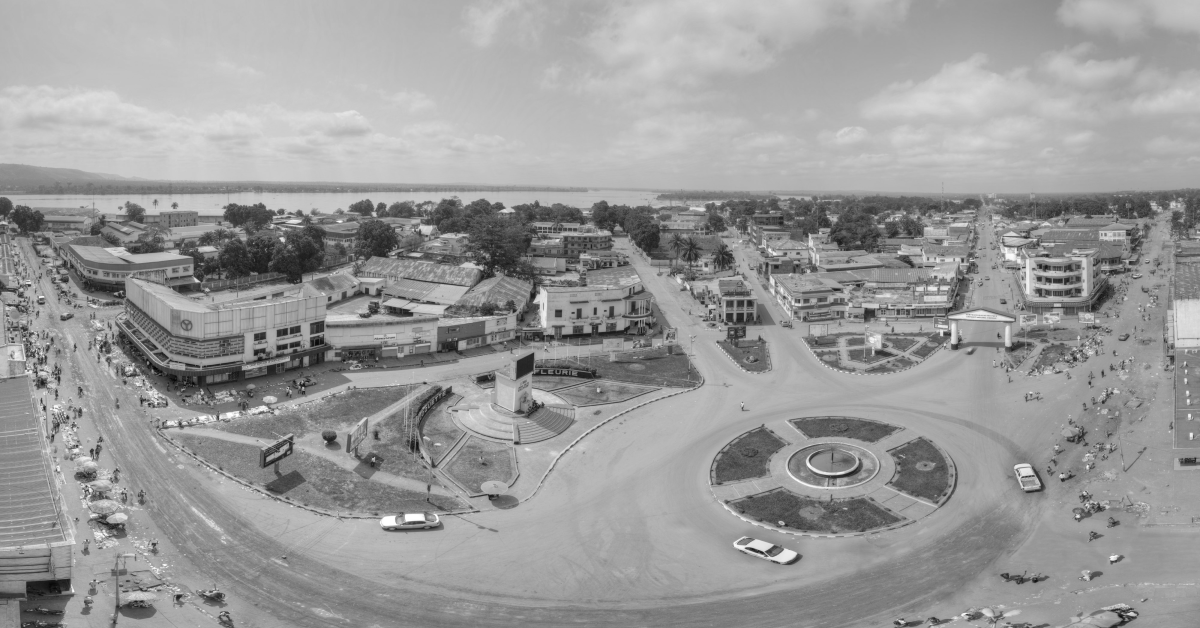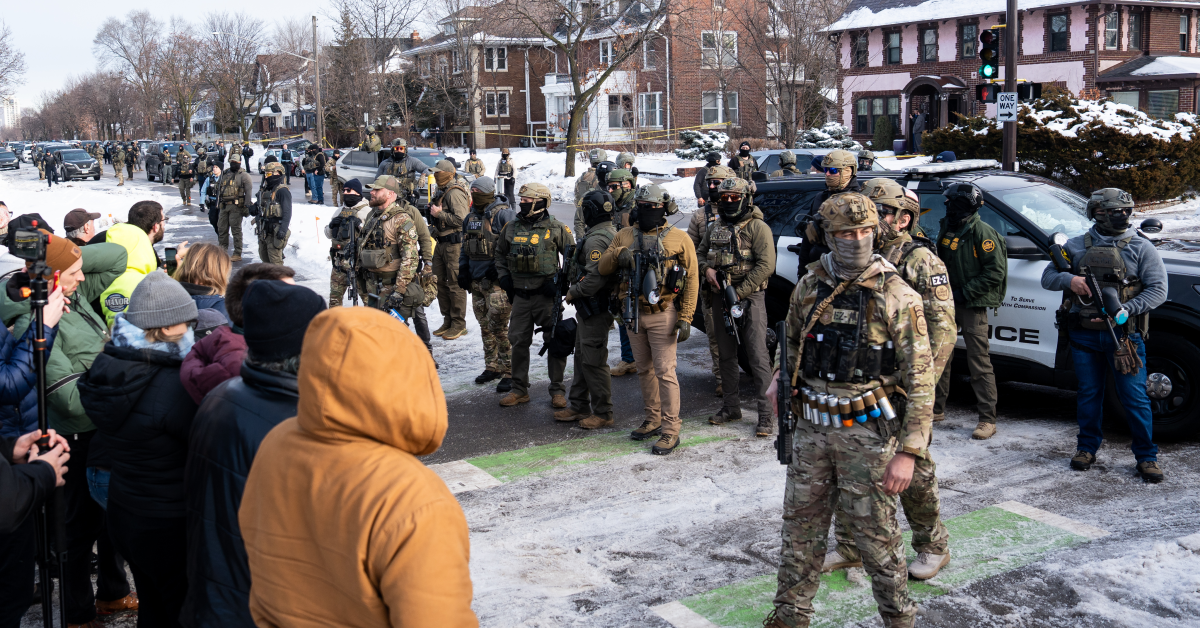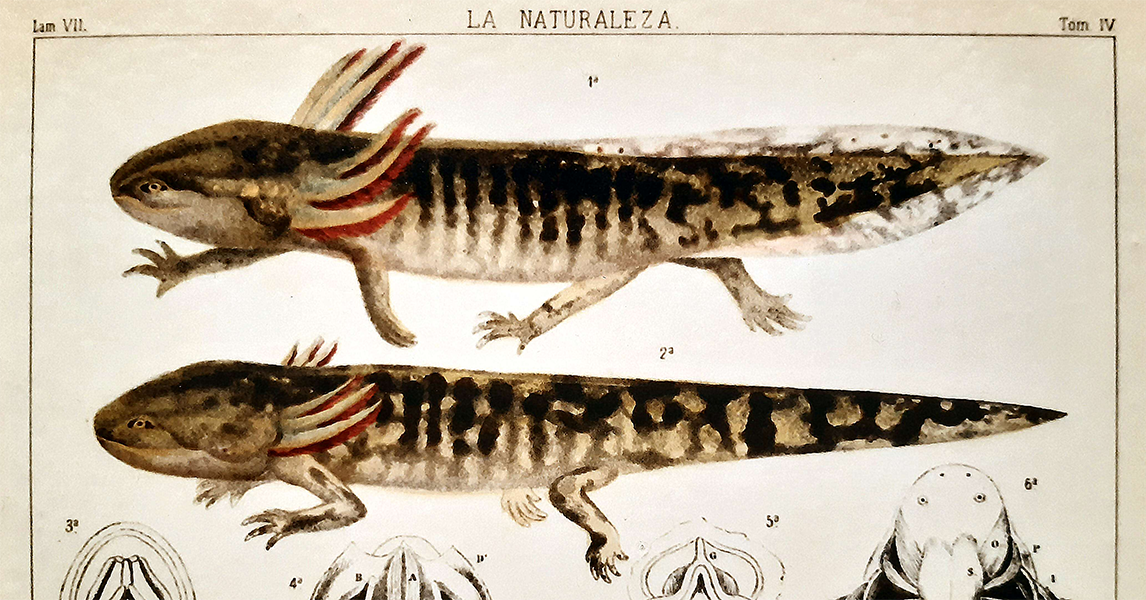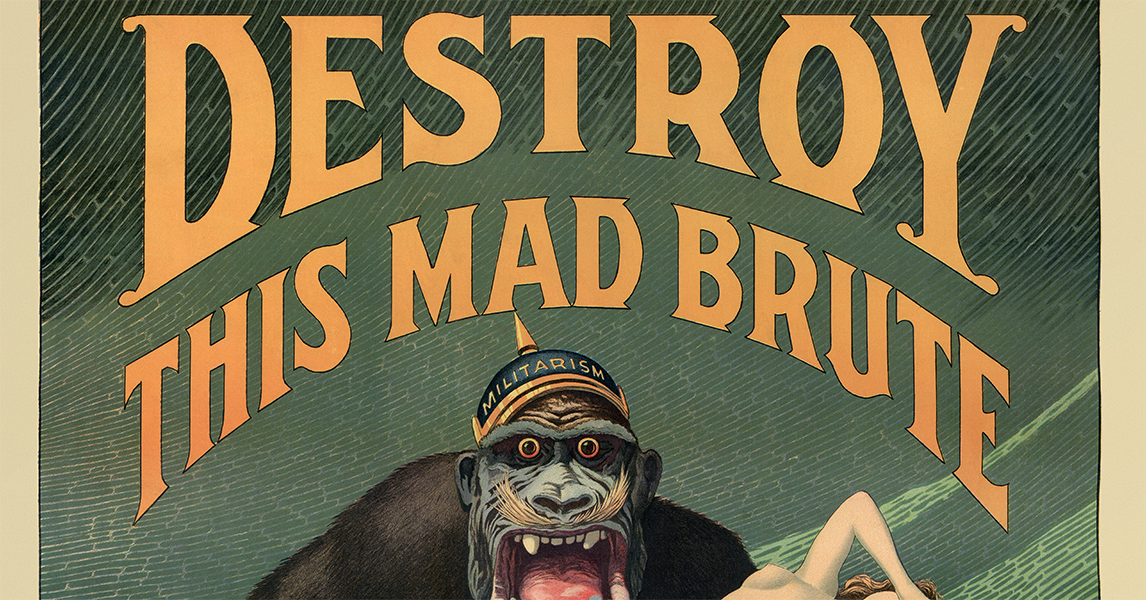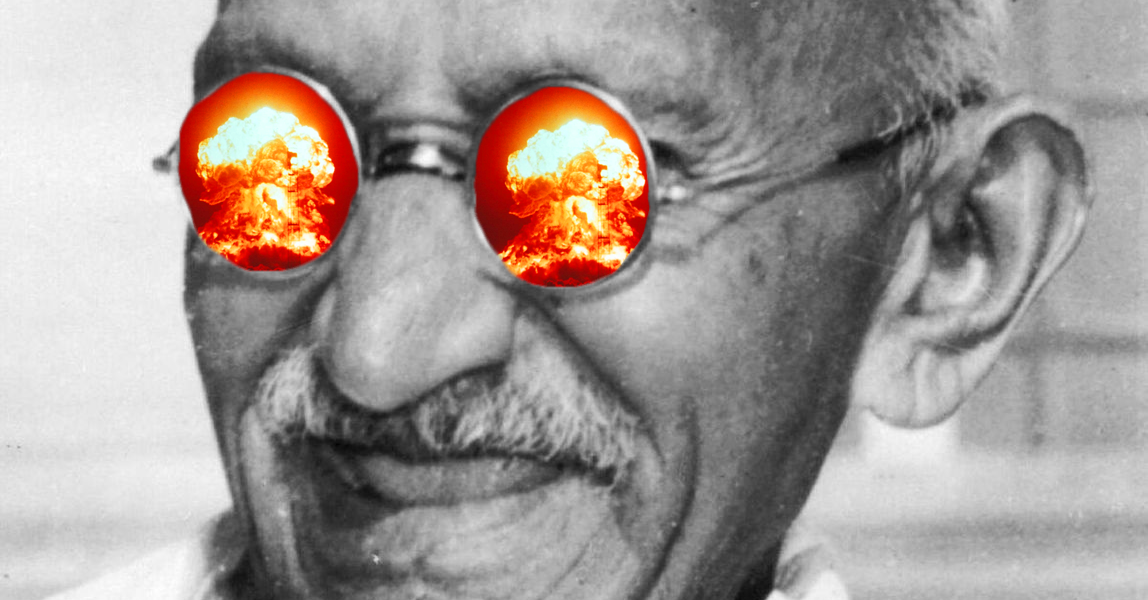Less than three years after its founder’s coronation, the Central African Empire had fallen.
Accepting the truth of his deposition, Jean-Bédel Bokassa, formely Bokassa I, attempted to return to France to live out his apparent exile in one of his many châteaux. But as his plane approached Orly Airport, the French refused him clearance to land, attempting to prevent the former royal entry to the country he called his second home. The strategy fell apart when Bokassa threatened to instead land the plane on a highway outside Paris, leading officials to shuffle the landing to a nearby military base. He’d made it to France, but he wouldn’t be allowed to stay.
France was but the first country to deny asylum to the deposed emperor, with several other nations in and out of Africa following suit. When a historian and member of the French Academy, the organization responsible for the regulation of the French language (and a body whose members officially go by the name “Immortals”) was asked what the government would do if no home could be found for the exiled leader, he responded that “it would be necessary to send him to Saint Helena if, of course, the English agreed.” It would have been a fitting end for Bokassa to wait out his life on the same island that saw the exile and final days of his idol Napoleon.
Even Zaire and Libya refused asylum, with Bokassa’s twice patron Muammar Gaddafi arguing that he already had the deposed Ugandan President Idi Amin to babysit. Eventually, the president of Côte d’Ivoire, Félix Houphouët-Boigny agreed to put Bokassa up in a large mansion in a wealthy suburb of his country’s then-capital, Abidjan.
Two of the Emperor’s loyalists agreed to follow him into exile, but the rest defected or otherwise returned to the newly-remodeled Central African Republic. Bokassa’s Empress and favorite wife, Catherine, also refused to join him in Côte d’Ivoire, and many of his subsequent wives took the opportunity to escape Africa altogether.
With the emperor overthrown, the French troops who organized his ouster took to looting his palace. Theirs was but the latest in a series of French representatives reaping Central Africa’s bounties by way of Bokassa. Among the items recovered from his palace were records documenting gifts valued at millions of francs from the Emperor to French President Giscard.
Bokassa’s own experience with the French in the aftermath of his downfall is exemplified by his relationships with two men. The first, Bernard Tapie, conned the ex-emperor out of his French châteaux, promising checks that never came (ultimately, French and Ivorian courts sided with Bokassa). The second, Delpey, was a writer and steadfast defender of Bokassa who amplified the case in French media, leading to his arrest. The continued imprisonment of a writer under charges of espionage and the revelation of the litany of gifts received from the former Emperor of Central Africa added to a growing pile of reasons for the French people to be dissatisfied with President Giscard, and he was ousted in the election of 1981.
The Bourbon Restoration
Meanwhile, in Bangui, the once-and-now President David Dacko was trying his best to consolidate the power he’d previously lost to Africa’s premier Napoleon impersonator. He had the French detain a political opponent, Ange-Félix Patassé, who had pledged to contest Dacko’s rule. The book Dark Age, the Bible of this piece, explains that Patassé was arrested in part due to technicality: his passport named him a citizen of the Central African Empire, a country that no longer existed. The second reason for his arrest was that he had hidden two guns in his jacket.
Patassé eventually flew to Libya where he took up the flag of socialism (but not Islam), adopting a platform that included socialism, better test results, and the extermination of the M’Baka ethnic group for their support of Bokassa.
The would-be new guard kept at bay for a little while longer, Dacko turned again to the old and decided it was in his best interest to hold a trial for Bokassa, even if the emperor wouldn’t be in attendance. The trial was a short four days, but it reiterated public condemnation of Bokassa while allowing Dacko to put on display the ties to the former emperor cultivated by his political opponents. Dacko wanted to present his internal enemies as close to his predecessor, now the national persona non grata. Naturally, he hoped to leave himself off the list of friends of Bokassa, despite being the familial link, being partially responsible for his rise, and working closely with him after the original coup that brought him to power.
Among the charges levied against Bokassa were allegations of cannibalism. One man who took the stand claimed to have been a chef who had been taken by force to Bokassa’s palace and given a headless, handless, and footless human corpse to cook. After being threatened, he complied, prepared it, and put it in the oven. When he returned later to check on it, he claimed the corpse sat up and pointed at him, an impressive feat for any corpse, but especially one without fingers.
The claim that Bokassa was either directly involved or otherwise complicit in organized cannibalism is one that he can’t seem to shake. It’s hard to know how seriously to treat these claims that make for great headlines but come backed by scant evidence. In a 2008 interview with the BBC, Bokassa’s son, Jean-Serge, claims “there is a saying here that when you don’t like your dog, you declare that it’s got rabies”. Regardless, Dacko made use of all the ammunition he could muster to tear down Bokassa’s hastily-constructed cult of personality and replace it with something new.
Eager to distinguish himself from the dictatorship that broke up his rule, Dacko held the country’s first multiparty elections since the coup that had brought Bokassa to power. He went on to win the 1981 presidential election with a slim majority of 51%, beating out Patassé and three other candidates.
Dacko was a paranoid (somewhat understandably – once deposed, twice shy) and ineffective president. After a nightclub bombing by a supporter of Abel Goumba, the politician and Presidential hopeful who finished in last place in the 1981 election, President Dacko called the military, now under the command of André Kolingba, a Bokassa loyalist who changed sides after the war, in to restore order. History repeating itself, the guy in charge of the military once more took advantage of the opportunity to demand Dacko’s resignation and assume power.
Following in the footsteps of the his predecessor in coupage, Kolingba had garnered support by promising to establish a multiethnic ruling junta but instead consolidated power for himself. With time, the Kolingba administration adopted more and more from the Bokassa playbook, becoming a dictatorial regime that suppressed freedom of speech and lavished privilege and prestige upon the new leader’s own ethnic group while neglecting the myriad others that populated the country.
Elba
Abroad, the former emperor who was now better known for drunk nights at Abidjan’s nightclubs than totalitarian rule, was considering a return from retirement, helped along by the PR work of Delpey. Journalist buddy in tow, a successful rehabilitation campaign was well underway.
Bolstered further by foreign diamond company money and his lasting obsession with repeating the legacy of Napoleon, Bokassa began plotting his own return from Elba. The full plan involved carrying an airplane full of tourists from Paris to Abidjan, smuggling him and Delpey aboard, and then sneaking it into Bangui. Unfortunately, the plan fell apart when an airplane full of communications grads couldn’t keep a secret and the vessel was stopped by the Ivorian military before it could leave the city.
Officially fed up with his charge, the Ivorian President arranged to have the wanderlusty emperor returned to one of his châteaux in France, a country which, now out of the public eye that followed the Giscard scandal, was willing to accept the exiled despot. Unsurprisingly, Bokassa grew tired of his stay in France, which started as a situation of practical house arrest in which he was effectively imprisoned in his chateau, the heating and maintenance of which he could not afford.
Eventually, the French relented on the security, but even when able to leave, Bokassa grew restless. He’d long been making appeals, both to his hosts and to the people of his old empire, to be allowed to return. These appeals were consistent in presence but varied wildly in content, from the emperor publicly claiming that he intended to live out his life as a simple farmer to his expressing interest in returning as President, but not emperor, to him musing on the idea of acting as a constitutional monarch. With no chips in front of him, Bokassa held steadfast to his commitment to bargaining.
The Hundred Days
Eventually, roused by a team of new French allies, Bokassa put together and orchestrated a successful scheme to fly to the Republic, where he was arrested at Bangui airport and put on trial by the Kolingba regime.
The trial resembled fair justice better than the Dacko-led trial-in-absentia, but the lead judge and prosecutor were clearly and unsurprisingly biased in favor of the new regime.
Still, Bokassa’s defense was adroit and steadfast, and the emperor himself arrived with an air of confidence and seemed committed to defeating the charges against him.
But as time wore on, the five-month-long trial and its exhaustive list of witnesses gradually tore away at the emperor’s central argument that he was unaware of any wrongdoing by his administration.
In the end, Bokassa was ruled complicit in no fewer than twenty murders, with the court acknowledging that the former emperor was likely responsible for many more that could not be proven. He was also found guilty of the arrest, imprisonment, and torture of schoolchildren, some younger than fifteen, and embezzling billions of CFA Francs.
Despite the new government’s hunger to punish and sideline the President, he was acquitted of several of the charges leveled at him, including the murder of his fake daughter’s real baby (no evidence could be found that he had given the order), the pilfering of his own crown jewels, and, far from least, the charge of cannibalism.
In February of 1988, Kolingba commuted his predecessor in dictatorship’s sentence to life imprisonment with hard labor.
Saint Helena
The rising tide of democracy in Central Africa and Africa at large could not be avoided, and pressure from France and from within led Kolingba to accede to and schedule a multiparty presidential election. The election was stalled and put off several times, and when it became clear that Kolingba would not qualify to be one of the two final candidates, the incumbent president attempted to derail the process altogether. Spurned on by France, he allowed the plans to continue, seeing through the election of the socialist Patassé.
One of Kolingba’s final petty attempts at interference was announcing a general amnesty, freeing all state prisoners, including Bokassa. To his disappointment, Bokassa and his supporters did not disrupt the election. The emperor was allowed to stay at a suite in the Presidential palace, but after Patassé was seated and grew tired of his old patriarch’s grandstanding, he had him placed under effective house arrest at one of his past homes, Villa Nasser.
Bokassa lived the last years of his life in seclusion, being infrequently visited by family and living in a villa that had been worn by its years of disuse and abuse by the French Barracudas.
The former officer’s military and imperial career took him all over the world, from France to Vietnam, sometimes by choice, sometimes in exile, but it was in the city of Bangui, some fifty miles from his birthplace, that he died on November 3rd, 1996.
Jean-Bédel Bokassa’s regime was marked by brutality and force and led by a man who seemed to bear few convictions past his own interest in power and infatuation with French military leaders. In a field of African inheritors to French colonial domination, Bokassa was one of many. Of post-colonial emperors, he stands alone. Like his idol, Napoleon Bonaparte, Jean-Bédel Bokassa was the first and last Emperor of Central Africa. Despite seventeen wives and an indeterminate number of children both real and fake, there is yet to be a Bokassa II.
The Napoleons to Come
The years following Bokassa’s death have not been kind to his native Central African Republic. Ange-Félix Patassé was himself deposed in a 2003 coup that brought to power Bokassa-era army offier François Bozizé. Bozizé’s government attempted to rehabilitate Bokassa’s image, leading to a rise in nostalgia for its perceived relative stability.
Following the development of new conflicts, Bozizé fled the country in 2013, being succeeded by a sequence of fleeting acting presidents before the election of Faustin-Archange Touadéra in 2016. Touadéra was reelected in 2020, but his country remains plagued by hardship. The Central African Republic erupted into civil war in 2012 and the country has, since 2018, played host to the Russian paramilitary Wagner Group, a Putinist organization connected to the killing of journalists and civilians among other crimes. Thousands have been killed, hurt, and displaced by the conflict now into its second decade.
Jean-Bédel Bokassa died outside of Bangui, wielding none of the pomp or power of an emperor. Still, in his final days, he remained unrepentant. In an interview with Italian journalist Ricardo Orizio conducted the year before the deposed emperor’s death, Bokassa defended the circumstances, luxuries, and abuses of his reign. He set aside the absence of contemporary despots like Mobutu Sese-Seko and Idi Amin at his coronation with the claim that “if Mobutu and Idi Amin chose not to come, it was because they were jealous of my becoming emperor. Jealous of my idea.”.
For all my attempts to characterize Bokassa’s emulation of Napoleon as silly and misguided, the man’s life does echo the Corsican general’s to an almost uncomfortable degree. Both were born, in their times, far from Paris on the fringes of French rule. Both claimed their power militarily but exploited that military might to claim the divine right of emperors. Both were deposed and exiled, and both then chose to defy their exiles and return to their home countries.
It’s here that their stories diverge. Napoleon’s return to France began the Hundred Days, a three-and-a-half month return to power put to bed by the united forces of the European Seventh Coalition. Napoleon, the great general and once Emperor of France, was again exiled. It was this second exile that saw Napoleon sent to Saint Helena, the British South Atlantic island where he would die unceremoniously in 1821. And it was this island, this famed place of exile that the French Academic mentioned above facetiously suggested his would-be protégé Bokassa be sent to following his own deposition in 1979.
The island of Saint Helena is remote, over a thousand miles away from the nearest major landmass in Africa. The island has no native population, being one of few European colonies to have been originally peopled by white settlers. Perhaps a more appropriate end for Bokassa would be one mimicking Napleon’s first exile, to the Italian island of Elba in the Mediterranean. The isle that gave the French Emperor easy access to his old empire is one with more in common with Bokassa’s unique story. Not altogether far from Africa, it sits ever nearer to France, especially to Corsica, the island home of Napoleon himself. The ten month host to Bonaparte, it would be a fitting place for a man caught between Africa and Europe, tied both to his ancestral home and the country that fostered him, turned him into the man he would be, and supported him all through his ascendancy.
Jean-Bédel Bokassa was a despot. Claims of cannibalism aside, the general, President, Emperor, and man was responsible for the innumerable maimings, assaults, tortures, and deaths conducted by his command and within the borders of his proclaimed empire. Numerous accounts make him the direct perpetrator of many of these crimes. For this, there is hardly a less effective punishment than house arrest in a decaying palace. For all of his transgressions, Bokassa got off easy. But no one runs an empire alone. Bokassa’s rule would have been untenable without the allies that brought him to power, and among these, none were more dedicated than those representatives of the French government willing to devote tens of millions of dollars to a cosplay coronation held thousands of miles from Paris.
As emperor, Bokassa ruled alone. He ruled viciously, and, for his crimes, he remained unrepentant until the end. His eccentric obsession with Napoleon and the idea of empire set him apart, but without the coronation, he fades into the background as one of many African despots that have claimed less ostentatious crowns in the aftermath of the dissolution of the French colonial empire.
Jean-Bédel Bokassa is dead. His legacy of violence, greed, and hunger for power lives on in the country that bore and reclaimed him from France. It lives on in the bordering nations; Bokassa’s distant successor, Faustin-Archange Touadéra, has managed to hold power in the wartorn Central African Republic with help of Russian mercenaries since his election in 2016. His neighbors haven’t been so lucky. Since 2020, successful coups have overthrown governments in eight African countries formerly under the umbrella of the French colonial empire. Many of the men who claim power in these war-torn nations will follow directly in the footsteps of Bokassa in violence, greed, and capacity for terror. The difference? They’ll commit their crimes as Presidents.
Image
- Bangui City Centre.jpg, cropped and edited
- Licensed under the Creative Commons Attribution-Share Alike 4.0 International License
Read More
- Dark Age: The Political Odyssey of Emperor Bokassa by Brian Titley
- Dear Tyrant by Ricardo Orizio for Granta
- ‘Emperor’ Bokassa Ends Exile, Is Arrested in His Homeland by Stanley Meisler for the Los Angeles Times
- ‘Good old days’ under Bokassa? by Mike Thomson for the BBC
- In the Central African Republic, nostalgia for a leader who is said to have fed his critics to the crocodiles by Inna Lazareva for The Washington Post
- La controverse sur les biens français de Bokassa Deux instances pour sept propriétés by Michel Bole-Richard for Le Monde
- Parisian Buys Bokassa’s Homes, Offers Resale Proceeds to U.N. by Kathleen Teltsch for The New York Times
